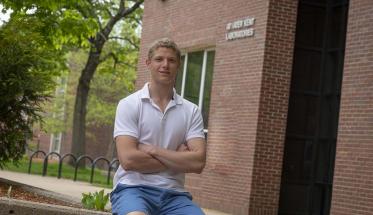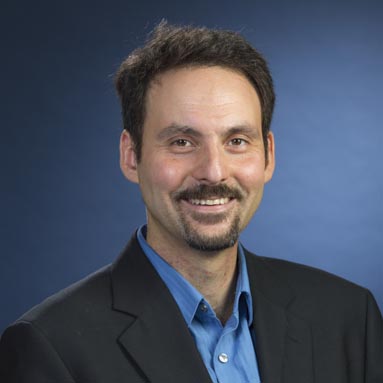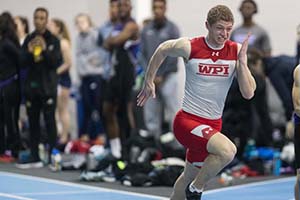Double major Matthew Adiletta (electrical and computer engineering/computer science) has been awarded a 2019–20 Barry Goldwater Scholarship. He is one of just 496 undergraduates across the country to receive this honor, one of the most prestigious undergraduate awards given in the STEM fields.
Established in 1986 by the U.S. Congress, the highly competitive scholarship recognizes college sophomores and juniors who show exceptional promise of becoming the nation’s next generation of research leaders in the areas of natural sciences, engineering, and mathematics. Adiletta, who—as part of WPI’s combined BS/MS program—will also earn a master’s degree in electrical and computer engineering concurrently, was chosen from a field of more than 5,000 applicants and 1,223 nominees from 443 academic institutions.
“I love anything and everything to do with engineering: hands-on work, learning new skills, and the chance to invent something useful,” says Adiletta, who also plans to pursue a PhD in electrical and computer engineering with a focus on machine learning, artificial intelligence, and computer vision.
In particular, he has his sights set on research opportunities in autonomous driving. “Autonomous vehicles offer the promise of more efficient and safer transportation," he says, "and I would like to contribute to this societal change first at the research level, then with commercial implementation.”
"I love anything and everything to do with engineering—hands-on work, learning new skills, and the chance to invent something useful." —Matthew Adiletta


